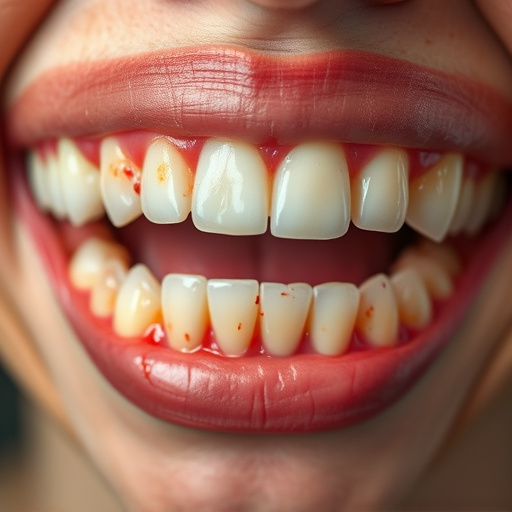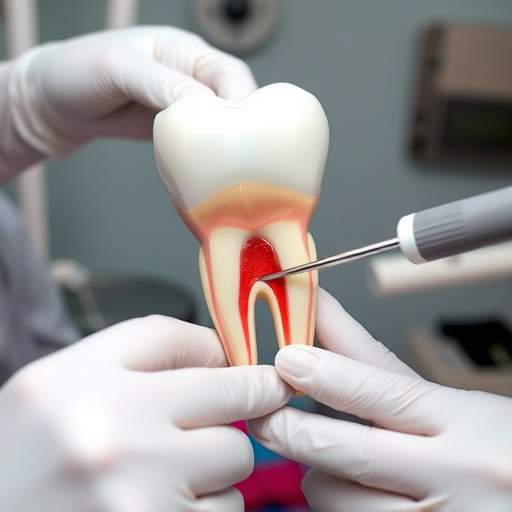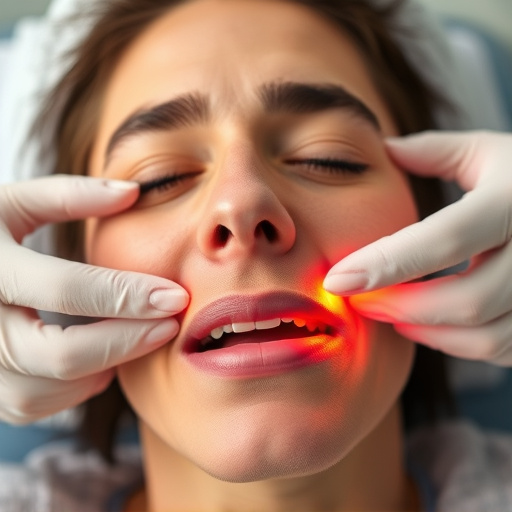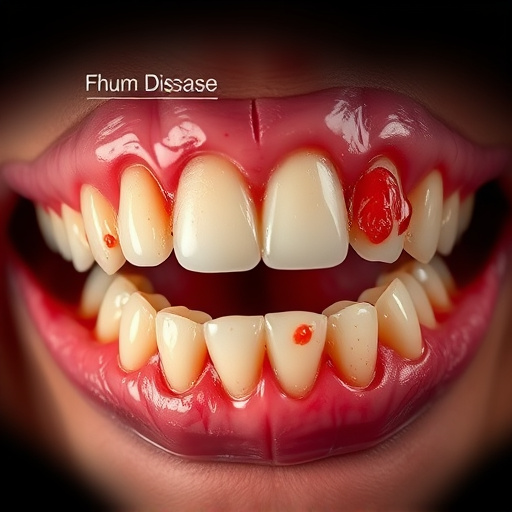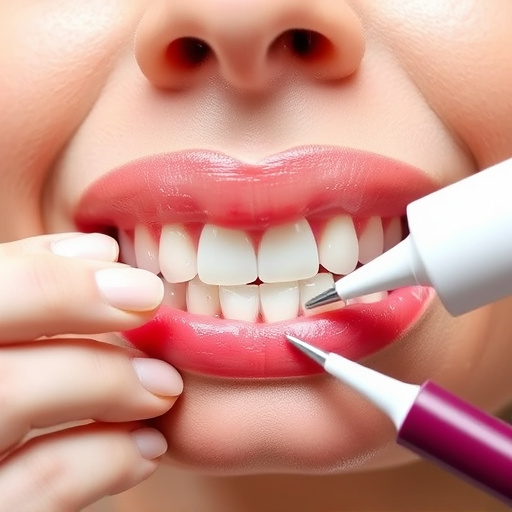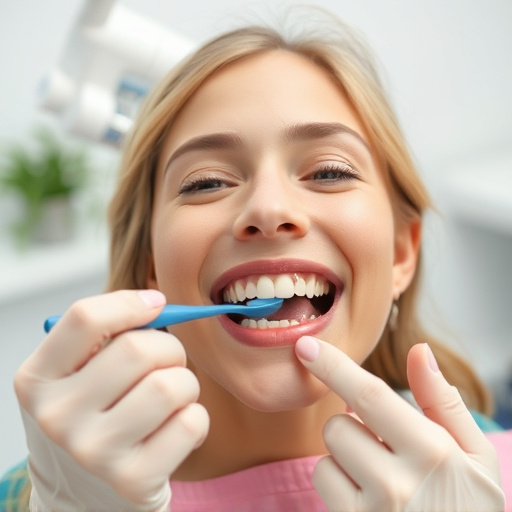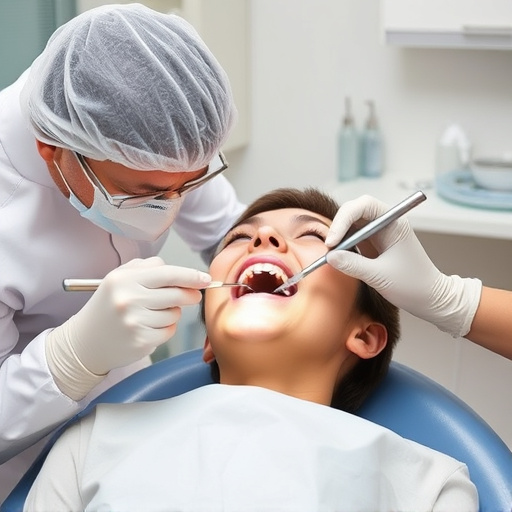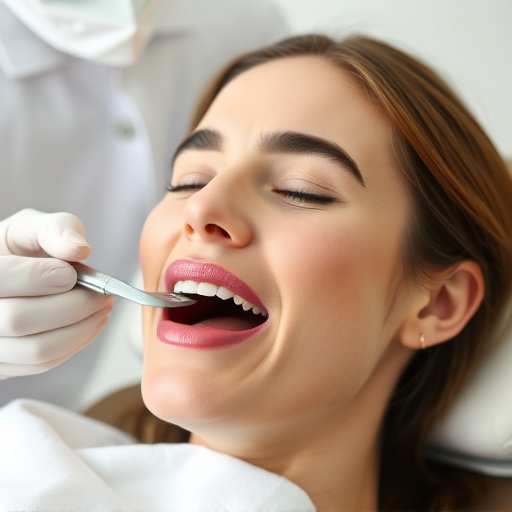Oral hygiene education is a key strategy to enhance dental health, prevent diseases like tooth decay and gum issues, and reduce future restorative needs. By teaching proper brushing, flossing, nutrition, and awareness through school programs, community outreach, and family practices, we empower individuals to maintain healthy smiles from childhood onwards, benefiting both personal and community health in the long term.
Empowering individuals with knowledge is a key step towards fostering better health, and oral hygiene is no exception. This article explores the profound impact of oral hygiene education on overall well-being, highlighting its potential to transform lives. We delve into effective strategies for educating communities, emphasizing the importance of early learning and consistent practice. By understanding the significance of this education, we can guide individuals towards building lifelong healthy habits, ultimately promoting vibrant and healthy smiles.
- Understanding the Impact of Oral Hygiene
- Educating Communities: Strategies for Success
- Building Lifelong Healthy Habits
Understanding the Impact of Oral Hygiene
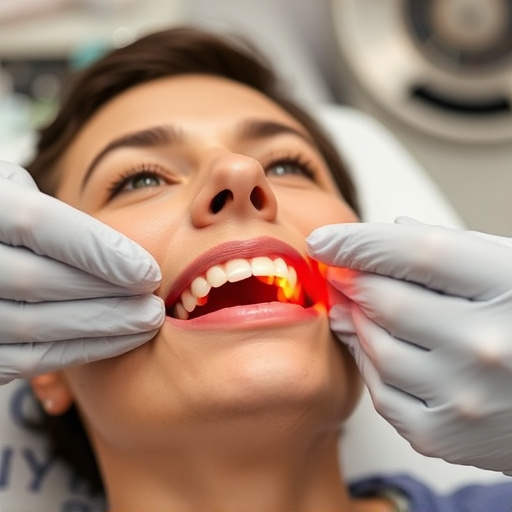
Oral hygiene is a cornerstone of overall health and well-being. Effective education on this subject empowers individuals to take control of their dental care, preventing common issues like tooth decay, gum disease, and in severe cases, requiring procedures such as dental fillings or even tooth extractions. By instilling good oral habits from a young age, communities can reduce the need for restorative dentistry interventions later in life.
Understanding the impact of proper oral hygiene starts with recognizing its role in maintaining a bright, healthy smile. It extends beyond aesthetics, however; good oral health is linked to improved overall health, affecting systemic conditions like cardiovascular diseases and diabetes. Thus, investing time and resources in oral hygiene education can lead to significant long-term benefits for individuals and communities alike.
Educating Communities: Strategies for Success
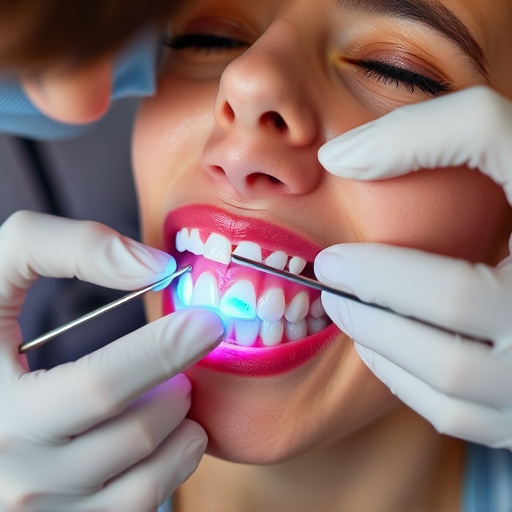
Empowering communities through oral hygiene education is a multifaceted approach that can lead to significant improvements in overall dental health. One effective strategy involves integrating educational programs into local schools, where children can learn about the importance of proper brushing and flossing techniques from an early age. These programs should be interactive and engaging, using visual aids and hands-on activities to reinforce good oral hygiene habits. By educating young minds, we lay the foundation for lifelong healthy smiles.
Additionally, community outreach programs led by professional dentists or hygienists can play a pivotal role in reaching underserved populations. Offering free dental screenings, demonstrations, and workshops in public settings fosters accessibility to comprehensive dental care. These initiatives can raise awareness about various oral health issues, including the benefits of preventive care and procedures like dental implants for those in need. Engaging family dentistry practices can also collaborate by providing resources and guidance on maintaining excellent oral hygiene at home.
Building Lifelong Healthy Habits
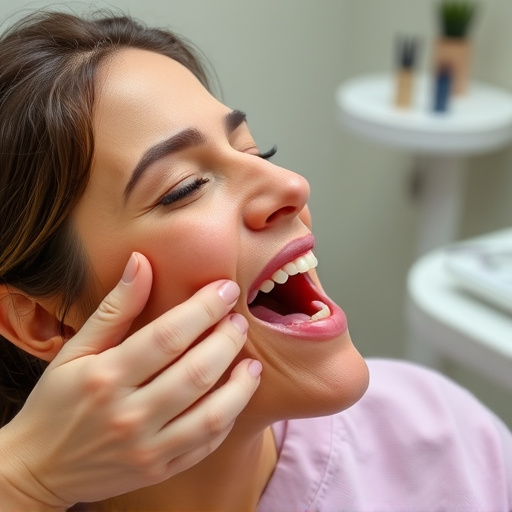
Encouraging children to develop strong oral hygiene habits from a young age sets them up for a lifetime of healthy smiles and prevents future dental issues. Oral hygiene education plays a pivotal role in this process, teaching kids the importance of daily brushing and flossing routines. By incorporating these practices into their daily lives, children can actively contribute to their overall well-being and avoid common dental problems such as tooth decay and gum disease.
Effective education extends beyond the basics, covering topics like proper nutrition for healthy teeth and gums, the negative impacts of sugary foods and drinks, and regular dental check-ups as part of preventive dentistry. This comprehensive approach equips children with the knowledge to make informed choices regarding their oral health, potentially reducing the need for procedures like cosmetic fillings later in life. Moreover, when children understand the connection between oral hygiene and overall health, they are more likely to develop habits that will benefit them throughout their lives, ensuring vibrant, healthy smiles for years to come, even within the context of children’s dentistry.
Empowering individuals with knowledge about oral hygiene is a key strategy to improving overall health and well-being. By implementing effective education programs, communities can foster lifelong healthy habits, leading to fewer dental issues and improved quality of life. Oral hygiene education plays a vital role in preventing widespread oral diseases, ensuring people of all ages understand the importance of daily care. Through community engagement and accessible resources, we can create a brighter, healthier future, where every smile is empowered and nurtured.
